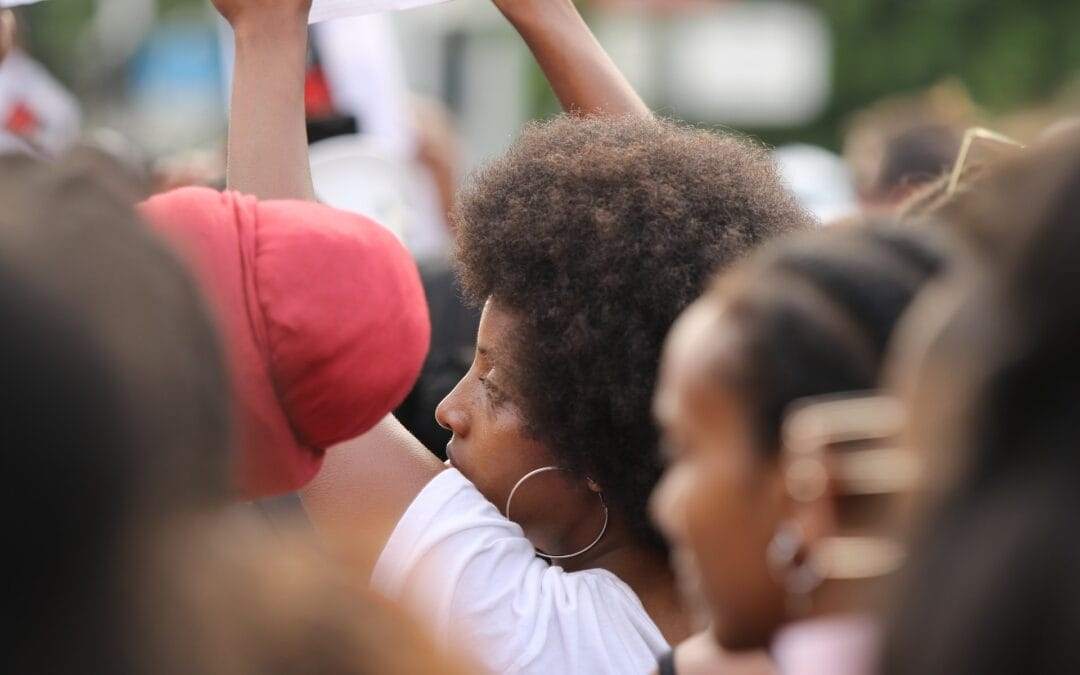Be open to God’s plan
Be open to God’s plan
Be open to God’s plan

When people of different cultures and religious beliefs are in dialogue, a question that often
comes to the fore is: “Can we always hope? And in what?”
It’s a question that resonates most intensely not only in times of difficulty and painful suffering or defeat but also when we feel disappointed and deluded by the ideals and values we have held dear and which have fascinated us in the past.
It is precisely during these times of doubt that we are prompted to reconsider the values and beliefs that lie at the very basis of our hopes. These values give us the strength to face our doubts and reveal the greatness of human nature: men and women are capable of falling down and rising up again, they can acknowledge that they all have their weaknesses but without succumbing to uselessly dreaming of finding miraculous solutions.
Believing is much more than hoping for a solution to our problems; rather, it is the drive within
that allows us to keep going. It is in those difficult moments that life mysteriously can become a
real gift.
Believing is like a commitment that gives meaning to life always. Unlike accepting a contract that you sign once and then never look at again, believing transforms and permeates every daily choice.
One method that may help us to do so is to avoid thinking about dramatic and extreme situations which can only make us afraid and block us, but to face the small difficulties of each day, sharing them with our friends. In this way, if we do not lose heart, we will discover many new opportunities to believe and to give hope to those around us. The strength of friendship seeks the good of the other.
It is easier to feel strong and courageous when everything is going well but it is when we are aware
of our vulnerabilities that we can build something that will remain after us. We become aware of
this through the conviction we gain when we have shared life with someone who believed beyond
everything, who struggled and suffered, and whose love brought them close to everyone. When
these people conclude their lives on this earth, they leave such an imprint and their memory is so
vivid that -mysteriously- whether we are religious or non religious, their example makes us say, “I
believe, I believe. Let us continue together!”
Photo ©Sasin Tipchai – Pixabay
THE IDEA OF THE MONTH is currently produced by the Focolare Movement’s “Centre for Dialogue with People of Non religious Beliefs”. It is an initiative that began in 2014 in Uruguay to share with non-believing friends the values of the Word of Life, i.e. the phrase from Scripture that members of the Movement strive to put into practice in their daily lives. Currently, THE IDEA OF THE MONTH is translated into 12 languages and distributed in more than 25 countries, with adaptations of the text according to different cultural sensitivities. dialogue4unity.focolare.org

Martha, Lazarus’ sister, heard that Jesus was on his way, she was filled with hope and ran to meet him. John’s gospel indicates that Jesus loved her, Lazarus and their sister, Mary, very much[1]. Although Martha was sorrowful, she showed her great trust in the Lord and was convinced that had he been present, her brother would not have died but, nevertheless, any request she made to God would be granted.
Jesus affirmed, ‘Your brother will rise again.’ (Jn 11:23)
“Do you believe this?”
After clarifying that he was referring to Lazarus’ return to physical life there and then and not to the life that awaits the believer after death, Jesus asked Martha if she had complete faith. Not only was he about to perform one of his miracles – which the evangelist John calls ‘signs’ – but he wanted to give resurrection and new life to her and all believers.
Jesus proclaimed, ‘I am the resurrection and the life’ (Jn 11:25) and the faith he asked of Martha lay in a personal relationship with him and active and dynamic adherence. Believing is not like accepting a contract that you sign once and then never look at again, but it is something that transforms and permeates your daily life.
“Do you believe this?”
Jesus invites us to live a new life here and now. He invites us to experience it every day, knowing that, just as we rediscovered at Christmas, he himself brought this life to us by first seeking for us and coming to dwell among us.
How do we answer his question? Let us look to Lazarus’ sister, Martha.
In dialogue with Jesus, she made a full profession of faith. The original text in Greek expresses this with great force. The ‘I believe’ that she pronounced means ‘I have come to believe’, ‘I firmly believe’ that ‘you are the Christ, the Son of God who is to come into the world’ [2], with all the consequences that this brings. It is a conviction that has matured over time and has been tested by the different events she faced during her life.
The Lord also addresses this question to us. He asks us to trust firmly in him and adhere to his way of life, founded on generous and practical love for all. Our faith will mature through perseverance, and it will grow stronger, as each day we see the truth of Jesus’ words when put into practice. Furthermore, this will make a positive impact upon our daily actions towards others. In the meantime, we can make our own the prayer that the apostles made to Jesus: ‘Increase our faith’ (Lk 17:6).
“Do you believe this?”
Patricia, from South America said, ‘One of my daughters had lost her job because the government had closed the public agency where she worked. The same thing had happened to her colleagues. As a form of protest, they had set up an encampment in front of the office. I tried to help them by participating in some of their activities, bringing them food or simply stopping to talk to them.
On Maundy Thursday, a group of priests who were supporting them in their plight decided to hold a ceremony during which there was space to listen, a reading from the Gospel and the act of washing feet was performed, in memory of what Jesus did before his crucifixion. The majority of those present were not religious people. Nevertheless, it was a moment of deep union, fraternity and hope. They felt warmly welcomed and were moved, as they thanked those priests who accompanied them in their uncertainty and suffering.’
This word of Jesus has been chosen as the guide for the Week of Prayer for Christian Unity 2025. Let us pray and work so that our common belief may be the driving force in the search for fraternity with all: this is God’s proposal and desire for all humanity, but it requires us to play our part too. Prayer and action will be effective if they arise from this trust in God and we live accordingly.
Edited by Silvano Malini and the Word of Life Team.
[1] Jn 11,5.
[2] Cf. Jn 11,27.
Foto: © Orna – Pixabay

Peace, welcome, courage, justice, dialogue, hope, solidarity, togetherness, fraternity, unity: words that express our planetary, strong, concrete commitment that begins with small daily gestures, so that there may be an end to weapons and an end to all conflicts, in every corner of the world.
Activating subtitles in English
Photo: © artistlike-Pixabay
Start again!
Start again!
Let’s concentrate on loving our neighbours
Let’s concentrate on loving our neighbours
Give!
Give!